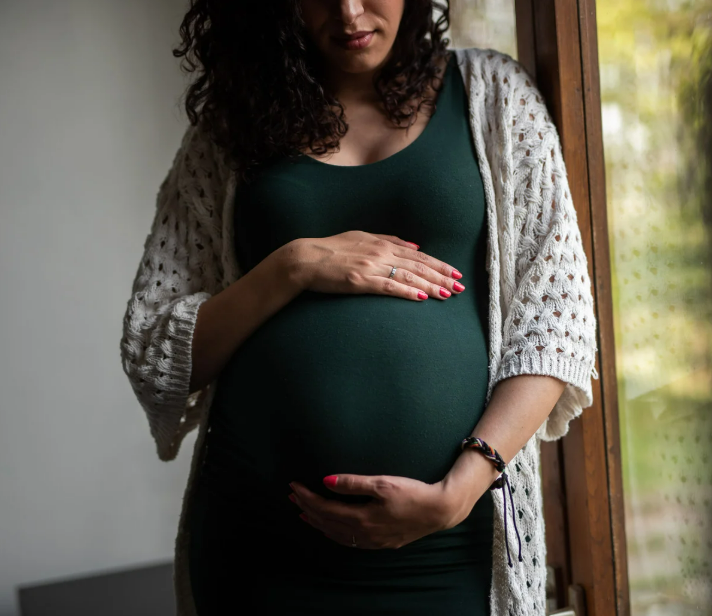Introduce
Finding out that you are expecting a baby can bring a wide range of emotional responses. These are shaped by personal experiences, cultural background, and the support systems available.
The transition to parenthood starts before and during pregnancy. This period of adjustment can be an incredibly exciting time but it can also place pressures on relationships as families grow. Pregnancy can affect both parents in different ways and may have a lasting impact on their relationship with each other and their child.

Understanding how parents respond to pregnancy is important for practitioners working in early years, health care or social care settings. By exploring these responses, the early support needs can be identified and appropriate interventions can be provided to promote positive outcomes.
The relationship between parents and their unborn baby plays a foundational role in shaping early development and future parent-child interactions. How a parent thinks or feels about their unborn baby is a strong predictor of how they will bond and interact with the baby after birth. This article, published by AiMH UK, explores key concepts influencing the parents relationship with the unborn baby and how this can be assessed and supported.
Develop
Bonding begins in pregnancy and allows for secure attachments to be established with the primary caregivers. The antenatal period provides a window of opportunity to identify parents who may need additional support, including those who feel detached or ambivalent about their pregnancy.
Even simple conversations with expectant parents about their thoughts and feelings can be an important intervention.
The following resource provides many creative ideas to support bonding and attachment in pregnancy and in the early days:
Reflect
Stop and Reflect: Take some time to reflect on the following questions:
– What does a strong, secure bond between a baby and their caregiver look like?
– What challenges might parents or caregivers face in bonding with their baby?
– What services or resources can you signpost expectant parents to for antenatal support?






